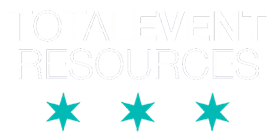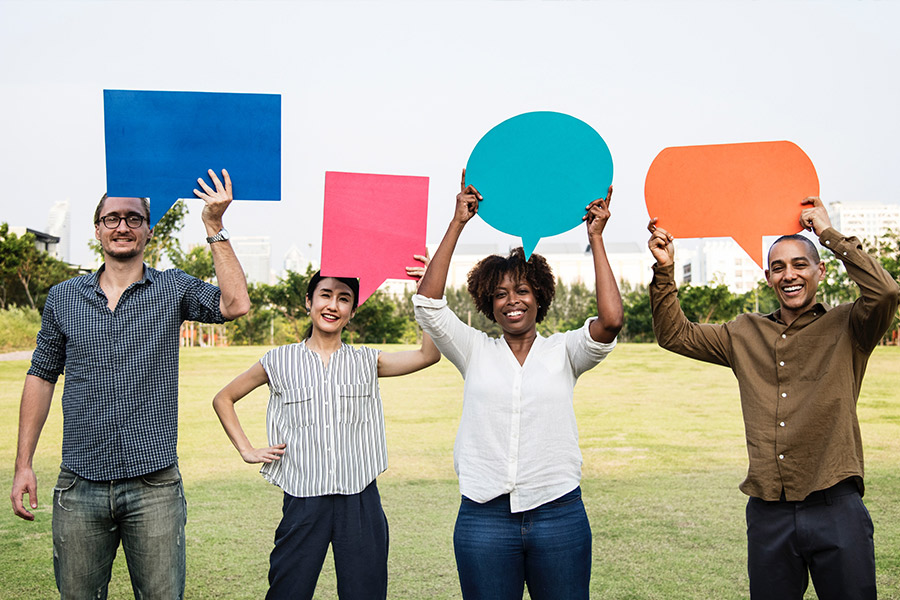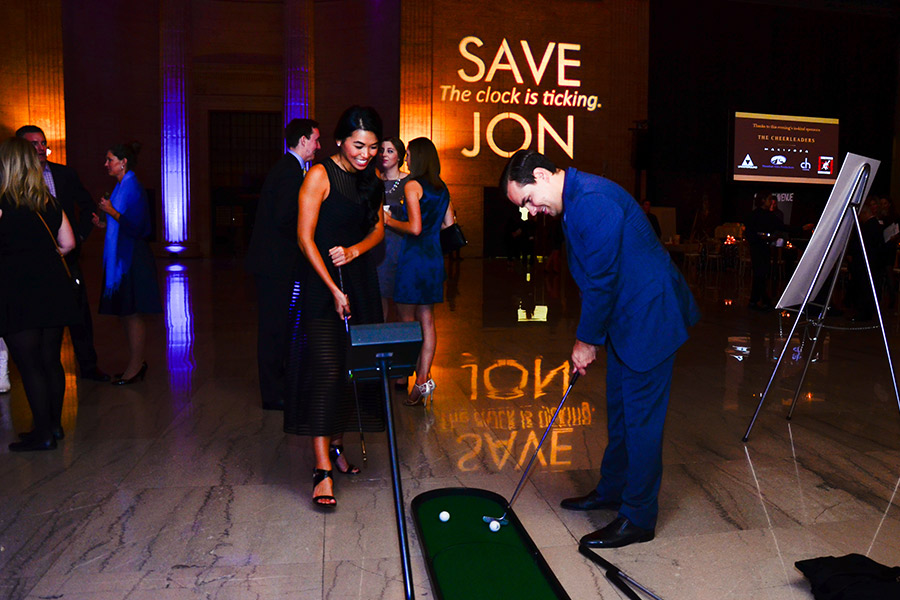Immerse And Measure
You have done it again! You’ve executed an event that fans from all over the world can attend and immerse themselves in. You have incorporated event technology as a big part of your experiential marketing efforts and found ways to dazzle and delight your visitors. You chose stunning event design and augmented reality as your attendee immersion-tools, to allow consumers to become heavily engaged in a brand’s world. Now, as a strategic event planner and creative collaborator, measuring event ROI should be natural for you and the following can be your go-to tools for collecting clean and useful data.
Seven Tools For Collecting Valuable Data From Events
In our list, we focus on the seven most effective data collection tools for measuring event success for you to report on with your team.
Year-Over-Year
Measuring fluctuations by comparing the results of two or more activations by analyzing one time period with those of a comparable time period.
This is used to set realistic goals for future events and better understand the attendees’ relationship with the brand, measured over time to uncover any gains or losses.
Longitudinal Studies
Collecting data by interviewing and observing the same sample group of attendees, repeatedly from one event to the next event.
This is used for monitoring changes in variables such as fluctuations in an attendee’s brand affinity or an employee’s brand loyalty.
Beacons
Gathering data by using technology that transmits information, often over Bluetooth, to receiving devices, most often smartphones.
This is used for serving content to attendees based on their behavior or preference settings. — based on their behavior OR preference settings
RFID
Conducting research using radio-frequency identification technology by exchanging information between RFID tags and strategically placed RFID readers.
This is used to seamlessly and automatically track and understand the attendee journey, and collect reliable demographic information.
Event Surveys
Collecting subjective feedback from event participants captured during or after their experience.
This is used for gauging attendee brand perception or experience, as well as assessing knowledge gained or perceived likelihood of re-attending.
Control Group
Comparing patrons who attended the event and sampled, against patrons who attended and did not sample.
This is used for measuring the impact on -pre-event brand awareness, brand advocacy, purchase intent, and analyzing sales fluctuations.
Lead Retrieval
Capturing and then following-up with sales leads generated at an event, trade show or conference- often through scannable badges.
Can be used for gaining insights into attendee demographics and behavioral and traffic patterns.
Calculating ROI and measuring success is the number one reason why organizations are collecting data from events.
69% of event planners believe attendee feedback is one of the most essential types of research to collect and review.
68% of organizations say they collect data to improve the planning of goals, activities, and content for future events.
69% of event planners list registration numbers as the number one data to look at to measure event success.
Putting Together Your Data Strategy!

Delanie Olsen – Marketing Specialist
From the very start, you need to figure out what data you want to collect from your event and how that research will benefit your organization. Once captured, the next step is to determine how it will be used to inform your strategic event planning process. You will now be able to create a data strategy and identify the tools you will use to track, manage and report the data.
Your future self will be able to take a deep dive into what you have collected and see if event goals were achieved. Did attendees behave in alignment with your predictions?
You may be surprised by what audiences respond to. Take note, ask why and use your learnings to inform the next event.
More Event Planning Tips:
Maximizing Event ROI For Corporate Holiday Events.
Why Measuring Event ROI Is Important



